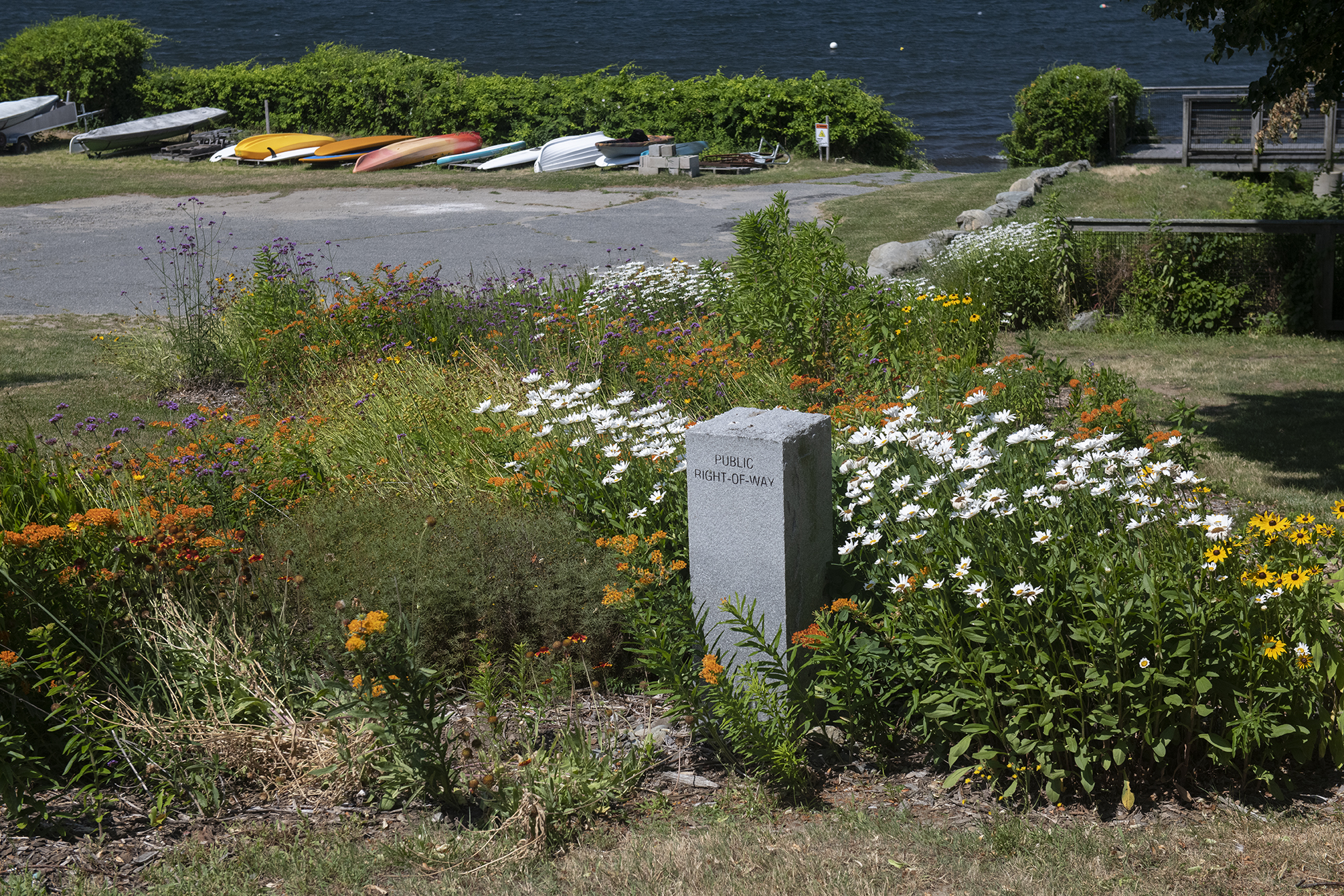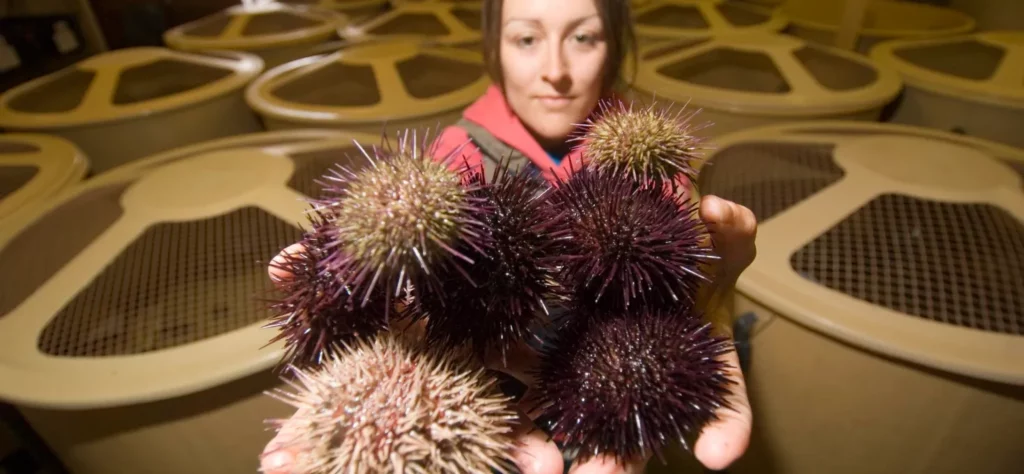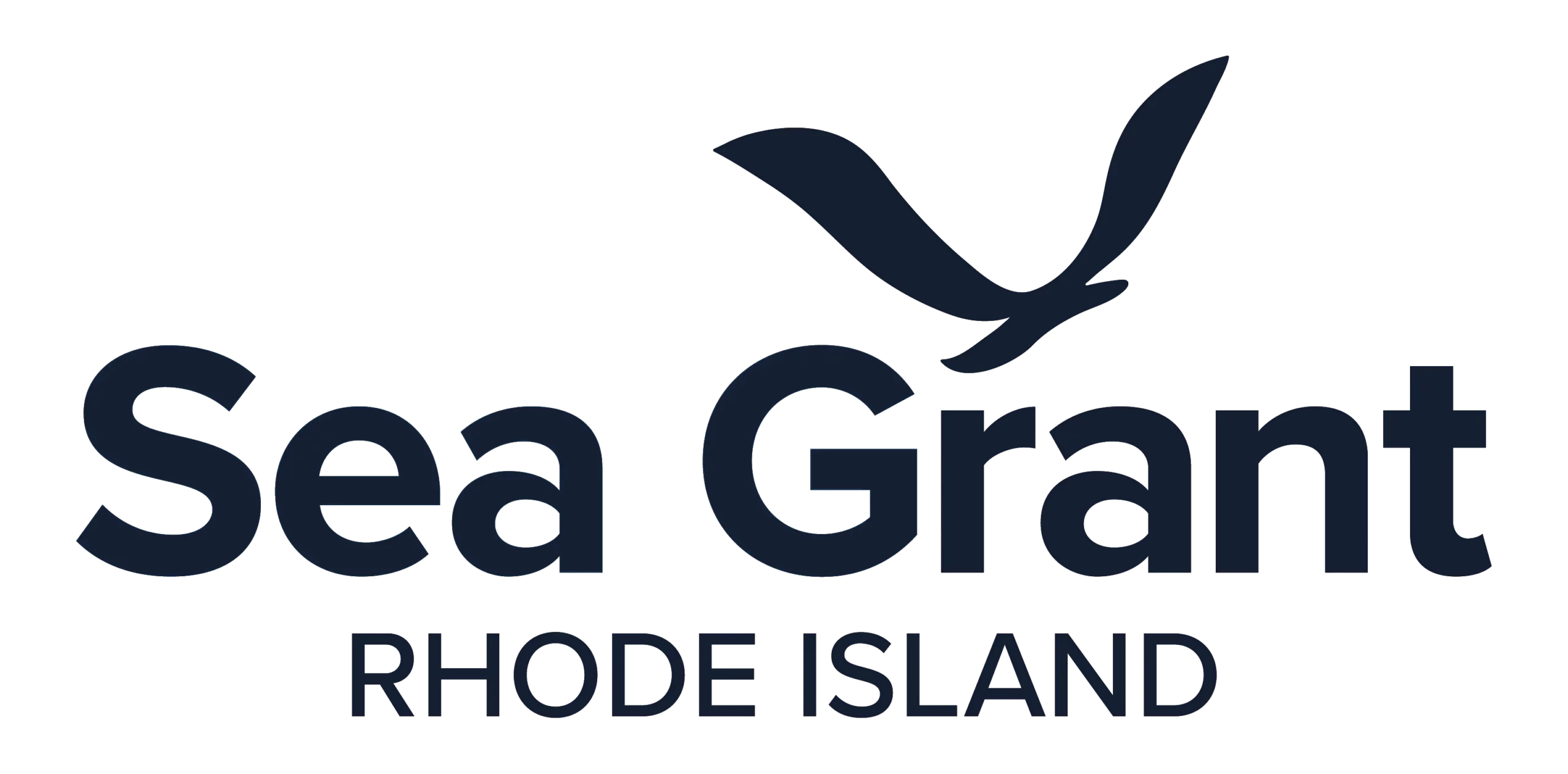NARRAGANSETT, R.I ––– Rhode Island Sea Grant has awarded approximately $65K to each of three research projects aimed at improving understanding and management of Rhode Island’s coastal and marine systems, and address diversity, equity, justice and inclusion issues.
These projects include building sustained and equitable coastal access amidst climate change; understanding coastal fishing access as a food security issue for marginalized racial/ethnic communities; and diversifying aquaculture through sea urchin development.
Researchers from the Coastal Institute will investigate how climate change may lead to the loss of public lands, identify the user groups most likely to be impacted, and establish the local actions needed to minimize climate impacts, especially for underserved communities. Communities in Bristol County will be used for a series of pilot studies to identify coastal access areas most vulnerable to sea level rise, erosion, and flooding. This will include legal research to prioritize areas for public access designation.
Coastal access is not only important for recreational needs but also for food security and community identity.

A granite marker denotes a shoreline right-of-way at Gibson Street in Bristol.
In recognition of fishing at coastal access points as important within traditional food networks, researchers from the University of Rhode Island have partnered with the Center for Southeast Asians of Rhode Island and the Refugee Dream Center to better understand the usage and barriers for shore fishers from marginalized racial/ethnic groups.
A key part of this effort is to assess the nutritional value and cultural services provided by local coastal fisheries and identify how communities seek access to these resources to improve their food security and overall well-being.

Dr. Coleen Suckling is eco-physiologist at the University of Rhode Island leading research on the potential for sea urchin aquaculture in Rhode Island.
In the third project, researchers at the University of Rhode Island, in partnership with Matunuck Oyster Bar Hatchery and Quonnie Siren Oyster Co. will look at the feasibility of rearing sea urchins to diversify Rhode Island aquaculture, which is primarily focused on oysters and mussels. Sea urchins are resilient to ocean acidification, have a low environmental production footprint, are increasingly in demand, and there is emerging interest in the aquaculture industry to grow them. The goal of this project is to establish a network that could sustain a regional sea urchin aquaculture industry by initiating production in Rhode Island.
For more information, contact Kim Ohnemus, RISG research coordinator.
